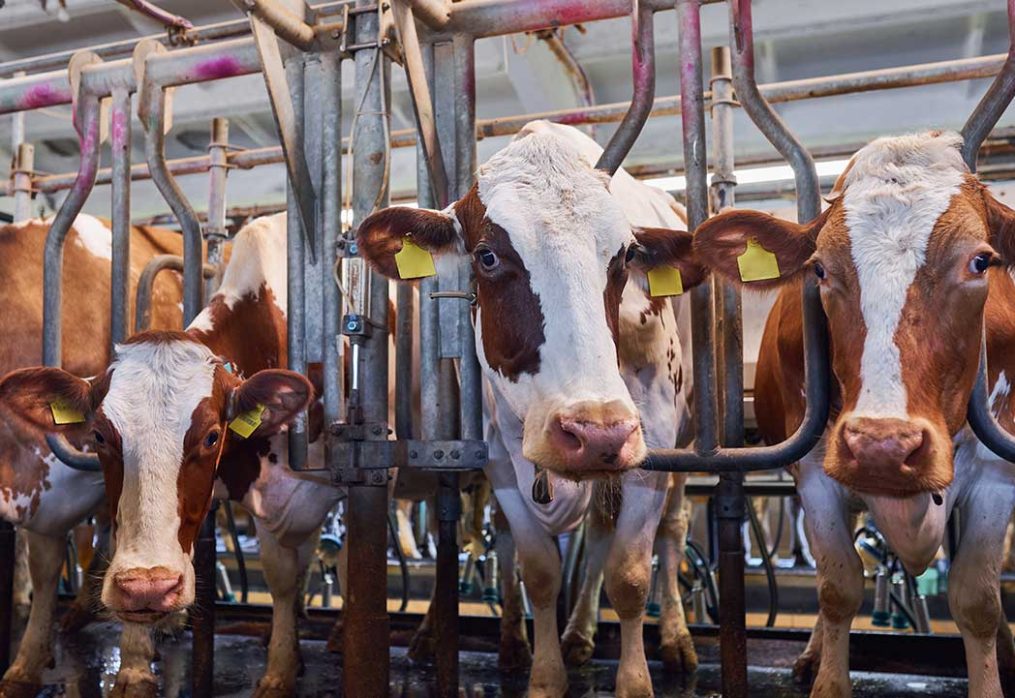The Future of Dairy in Kenya: Adapting to Changing Times
The dairy industry in Kenya is facing a number of challenges as it looks towards the future. From changing consumer demand to a rapidly growing population, dairy farmers in Kenya must adapt and innovate in order to stay competitive and meet the needs of the market.
One of the biggest challenges facing the dairy industry in Kenya is a shift in consumer demand. In recent years, there has been a growing interest in plant-based alternatives to dairy products. This has led to a decline in demand for traditional dairy products, such as milk and cheese. To stay competitive, dairy farmers in Kenya must find ways to adapt and innovate in order to meet this changing demand. This could mean diversifying their product offerings to include plant-based options or investing in new technologies to improve the quality and taste of traditional dairy products.
Another challenge facing the dairy industry in Kenya is the rapidly growing population. As the population grows, so does the demand for food, including dairy products. This puts pressure on farmers to increase production in order to meet the needs of the market. However, with limited land and resources, this can be a difficult task. To address this challenge, farmers will need to adopt more efficient and sustainable practices in order to make the most of their resources and increase production.
Climate change is also a significant concern for the dairy industry in Kenya. Extreme weather events, such as droughts and floods, can have a major impact on the productivity of farms. This can lead to reduced yields and increased costs. To mitigate the effects of climate change, farmers will need to adopt more resilient practices, such as water conservation and crop diversification.
One way to overcome these challenges is to adopt modern technologies. For example, farmers can invest in technology to improve the breeding and genetics of their cows, in order to increase milk production and improve the overall health of their herd. They can also adopt precision agriculture techniques, such as precision irrigation and precision feeding, which can help them to make the most of their resources and increase yields.
Another important step is to improve the supply chain infrastructure, which will enable farmers to get their products to market quickly and efficiently. This includes investing in cold storage facilities, transportation and logistics, as well as packaging and labeling equipment. By improving the supply chain, farmers can ensure that their products reach consumers in the best possible condition, which can help to increase demand and boost sales.
In addition, the government in Kenya can play a key role in supporting the dairy industry by creating policies and programs that encourage sustainable practices, such as providing subsidies for farmers who invest in technology, or funding research and development programs. The government can also provide education and training programs to help farmers stay informed about the latest trends and innovations in the industry.
The future of the dairy industry in Kenya is not without its challenges, but with the right approach and support, farmers can adapt and thrive in an ever-changing market. By adopting modern technologies, improving the supply chain infrastructure, and investing in sustainable practices, dairy farmers in Kenya can ensure that they are able to meet the needs of the market and remain competitive in the years to come.
Dairy industry in Kenya is facing a number of challenges as it looks towards the future. From changing consumer demand to a rapidly growing population, dairy farmers in Kenya must adapt and innovate in order to stay competitive and meet the needs of the market. By adopting modern technologies, improving the supply chain infrastructure, and investing in sustainable practices, dairy farmers in Kenya can ensure that they are able to meet the needs of the market and remain competitive in the years to come. And with the right support from the government, the dairy industry in Kenya will be able to overcome the challenges and thrive.
